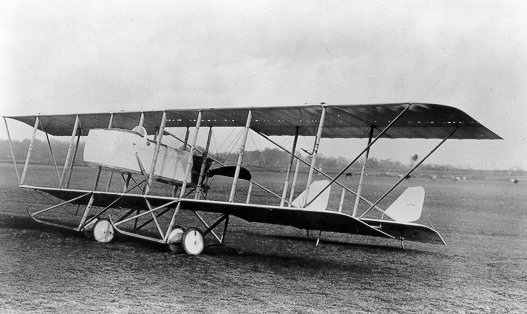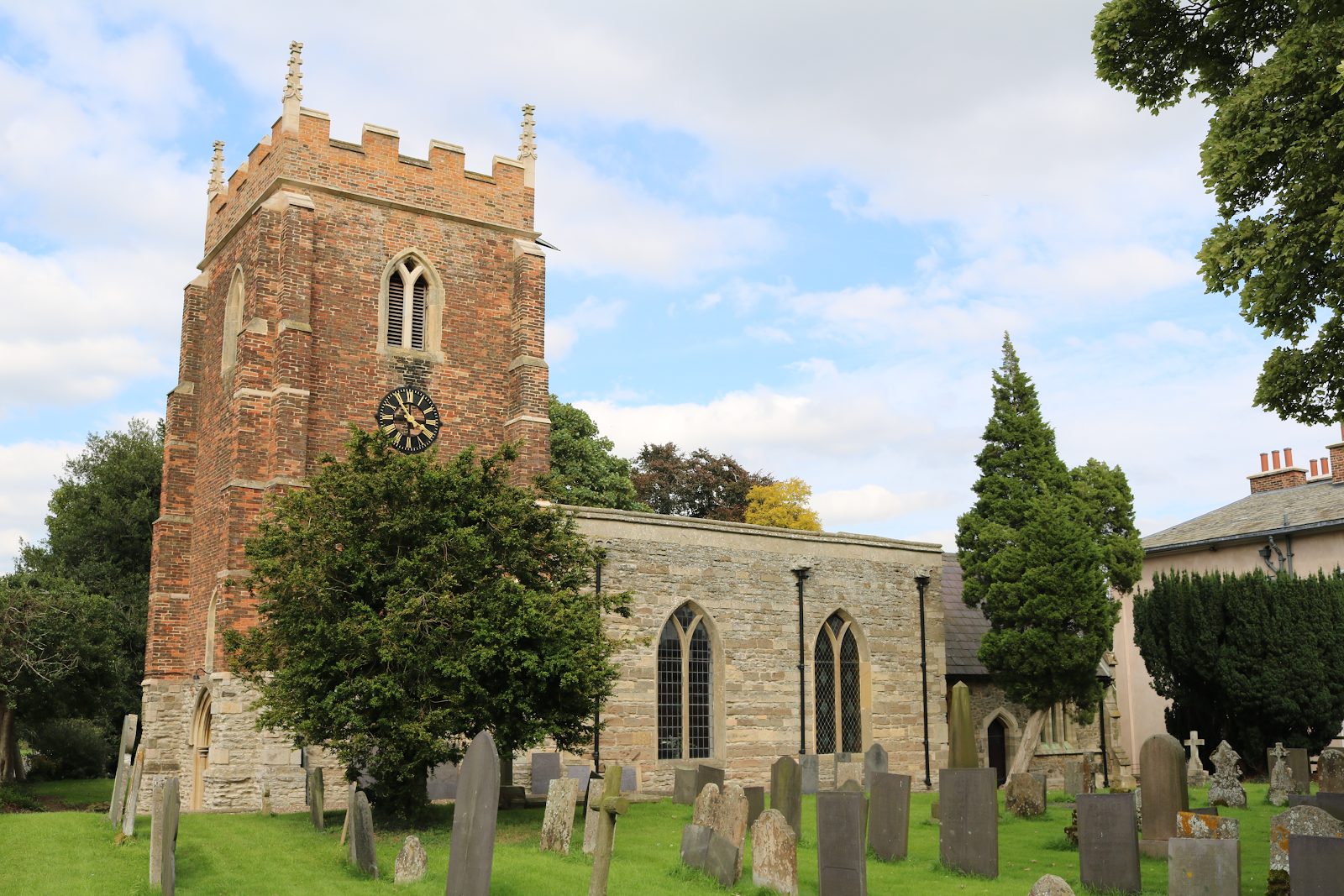This book takes place in 1916.
Northcote, the fictional village where the Hunters live, is in Middlesex. Middlesex is an area of South East England which was formerly a county; it is now mainly within the ceremonial county of Greater London, with small sections in neighbouring ceremonial counties.
At the beginning of the book Ada is being courted by Corporal Len Armstrong, and they go to the cinema to see Carmen with the actors Geraldine Farrar, Wallace Reid, and Pedro de Cordoba. They joke about Ada looking like Geraldine and finding Pedro de Cordoba attractive.
Carmen is a 1915 American silent drama film directed by Cecil B. DeMille. The film is based on the novella Carmen by Prosper Mérimée. The existing versions of this film appear to be from the re-edited 1918 re-release.
Alice Geraldine Farrar (February 28, 1882 – March 11, 1967) was an American lyric soprano who could also sing dramatic roles. In the 1910s, she also found success as an actress in silent films. She starred in more than a dozen films from 1915 to 1920, including Cecil B. De Mille's 1915 adaptation of Georges Bizet's opera Carmen.
William Wallace Halleck Reid (April 15, 1891 – January 18, 1923) was an American actor in silent film.
Pedro de Cordoba (September 28, 1881 – September 16, 1950) was an American actor. His first film was Cecil B. DeMille's version of Carmen (1915), and he soon became a regular leading man in Hollywood.
Bobby joins the RFC. The Royal Flying Corps (RFC) was the air arm of the British Army before and during the First World War until it merged with the Royal Naval Air Service on 1 April 1918 to form the Royal Air Force.
He first trained in Shoreham. Shoreham-by-Sea (often shortened to Shoreham) is a coastal town in the county of West Sussex.
Then he was transferred to Gosport. Gosport is a town and non-metropolitan district with borough status in Hampshire. The former Rowner naval married quarters estate, now mostly demolished, and HMS Sultan were built on a former military airfield, known first as RAF Gosport.
Edward says that he has a meeting with the Home Secretary, Herbert Samuel, as he is appointed one of the men in the tribunal seeing the requests for exemptions to go to the war. Herbert Louis Samuel (6 November 1870 – 5 February 1963) was a British Liberal politician who was the party leader from 1931 to 1935. As Home Secretary, Samuel faced a shortage of manpower needed to fight in World War I.
In 1916 conscription was initiated. In January 1916 the Military Service Act was passed. This imposed conscription on all single men aged between 18 and 41, but exempted the medically unfit, clergymen, teachers and certain classes of industrial worker.
In the parts about Bobby we learn a few names for planes:
The Maurice Farman MF.11 Shorthorn is a French aircraft developed before World War I by the Farman Aviation Works. It was used as a reconnaissance and light bomber during the early part of World War I, later being relegated to training duties.
The Maurice Farman MF.7 Longhorn is a French biplane developed before World War I which was used for reconnaissance by both the French and British air services in the early stages of the war before being relegated to service as a trainer.
Beattie and the other women in Northcote meet to make hospital bags, following instructions from Lady Smith Dorrien. Dame Olive Crofton Smith-Dorrien (26 February 1881 – 15 September 1951) was the wife of Horace Smith-Dorrien, known for setting up the Lady Smith-Dorrien's Hospital Bag Fund. After hearing in April 1915 that it was hard to safeguard wounded soldiers' valuables while they were in hospitals. She wrote to her husband, offering to sew bags for soldiers to hold their valuables in. The assistant director of medical services of the Second Army responded, requesting 50,000 such bags. Though work began in her own home, the fund expanded in 1916 and again in 1917.
Private Stanhill, who starts working with Sadie, mentions that he is from Hawksworth, which was the base for the book Windrindge by Willie Riley.
William Riley (23 April 1866 – 4 June 1961) was an English novelist. He was born in Laisterdyke, Bradford. He wrote 39 books using the name W. Riley, mostly fiction. His first novel Windyridge was written as a series of weekly chapters, in the winter of early 1911, to entertain his wife and two friends, the Bolton sisters, whose parents and third sister had all recently died. The story is set in the village of Hawksworth near Baildon. He completed the tale in early 1912, having paused in his writing over the summer, and was persuaded to submit it for publication.
Beattie's sister, Addie, lives in Kildare, near Dublin, and Beattie is worried after hearing about the uprising.
Kildare is a town in County Kildare, Ireland.
The Easter Rising was an armed insurrection in Ireland during Easter Week in April 1916. The Rising was launched by Irish republicans against British rule in Ireland with the aim of establishing an independent Irish Republic while the United Kingdom was fighting the First World War. Sixteen of the Rising's leaders were executed starting in May 1916.
In June 1916 the British and German fleets fought near Jutland and the British were defeated. The Battle of Jutland was a naval battle between Britain's Royal Navy Grand Fleet during World War I. The battle unfolded in extensive manoeuvring and three main engagements from 31 May to 1 June 1916, off the North Sea coast of Denmark's Jutland Peninsula. It was the largest naval battle and only full-scale clash of battleships of the war, and the outcome ensured that the Royal Navy denied the German surface fleet access to the North Sea and the Atlantic for the remainder of the war, as Germany avoided all fleet-to-fleet contact thereafter.
Jim, Louisa's brother, was a sailor in Hampshire, which was sunk by a mine and Lord Kitchener was on board and died. Kitchener set out for Russia on board the armoured cruiser HMS Hampshire. At the last minute Jellicoe changed Hampshire's route on the basis of a mis-reading of the weather forecast and ignoring (or not being aware of) recent intelligence and sightings of German U-boat activity in the vicinity of the amended route. Shortly before 7:30 pm that same day Hampshire struck a mine laid by the newly launched German U-boat U-75 and sank west of the Orkney Islands. Recent research has set the death toll of those aboard Hampshire at 737. Only twelve men survived. Among the dead were all ten members of Kitchener's entourage. Kitchener himself was seen standing on the quarterdeck during the approximately twenty minutes that it took the ship to sink. His body was never recovered.
July 1916 was the start of the Big Push, which is the Battle of Somme. The Battle of the Somme was a major battle of the First World War fought by the armies of the British Empire and the French Third Republic against the German Empire. It took place between 1 July and 18 November 1916 on both sides of the upper reaches of the river Somme in France. The battle was intended to hasten a victory for the Allies. More than three million men fought in the battle, of whom more than one million were either wounded or killed, making it one of the deadliest battles in all of human history.
Laura joins some voluntary women to drive an ambulance in France. One of the women is a doctor from the Women's Hospital corps, founded by Louisa Garrett Anderson.
Louisa Garrett Anderson, (28 July 1873 – 15 November 1943) was a medical pioneer, a member of the Women's Social and Political Union, a suffragette, and social reformer. When the First World War broke out, Anderson and Flora Murray founded the Women's Hospital Corps, and recruited women to staff it. Believing that the British War Office would reject their offer of help, and knowing that the French were in need of medical assistance, they offered their assistance to the French Red Cross. In January 1915, casualties began to be evacuated to England for treatment. The War Office invited Murray and Anderson to return to London to run a large hospital, the Endell Street Military Hospital (ESMH), under the Royal Army Medical Corps. ESMH treated almost 50,000 soldiers between May 1915 and September 1919 when it closed. This is the hospital where David recovers when he is wounded and returns to England.























No comments:
Post a Comment